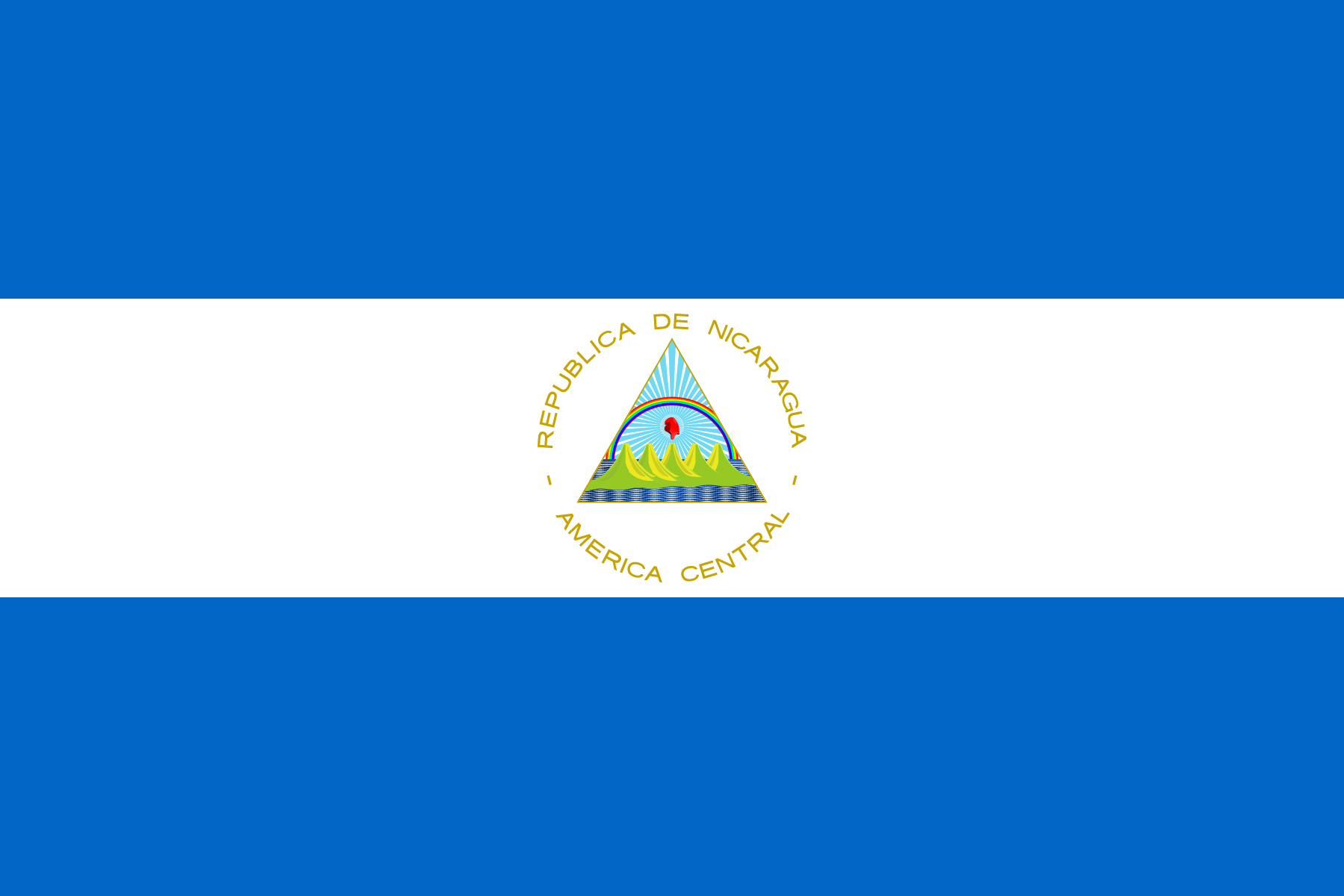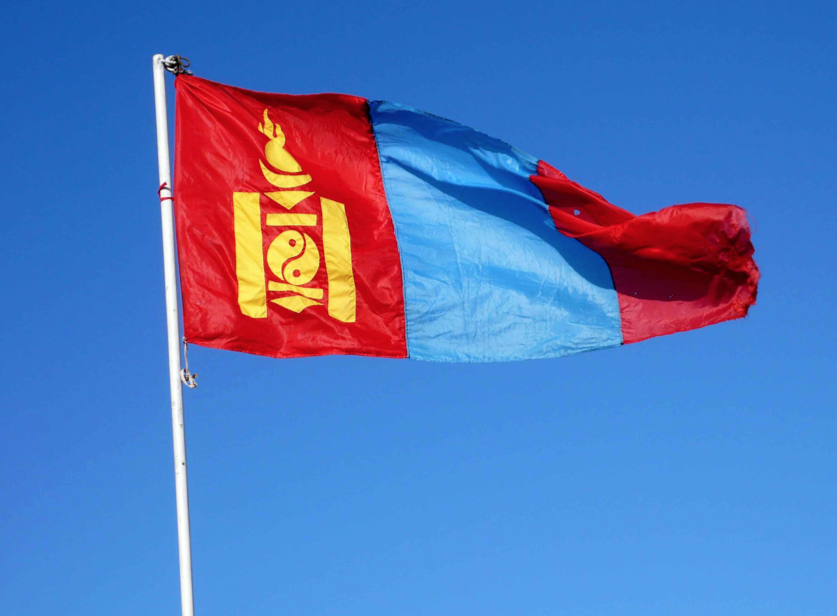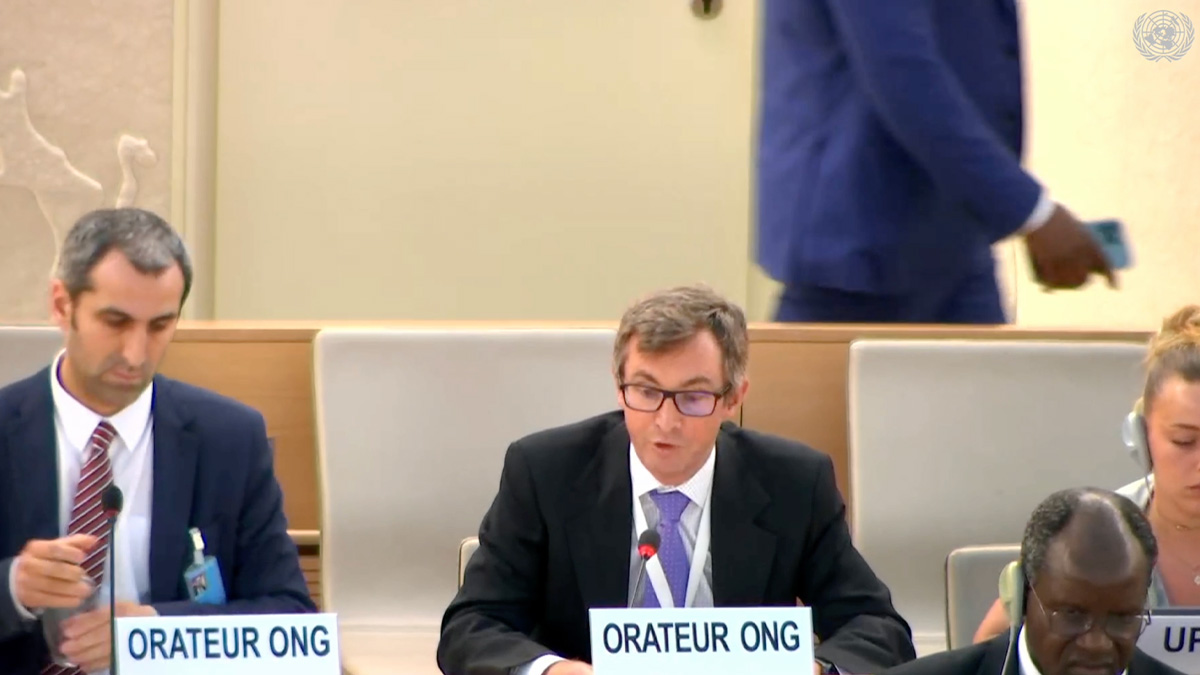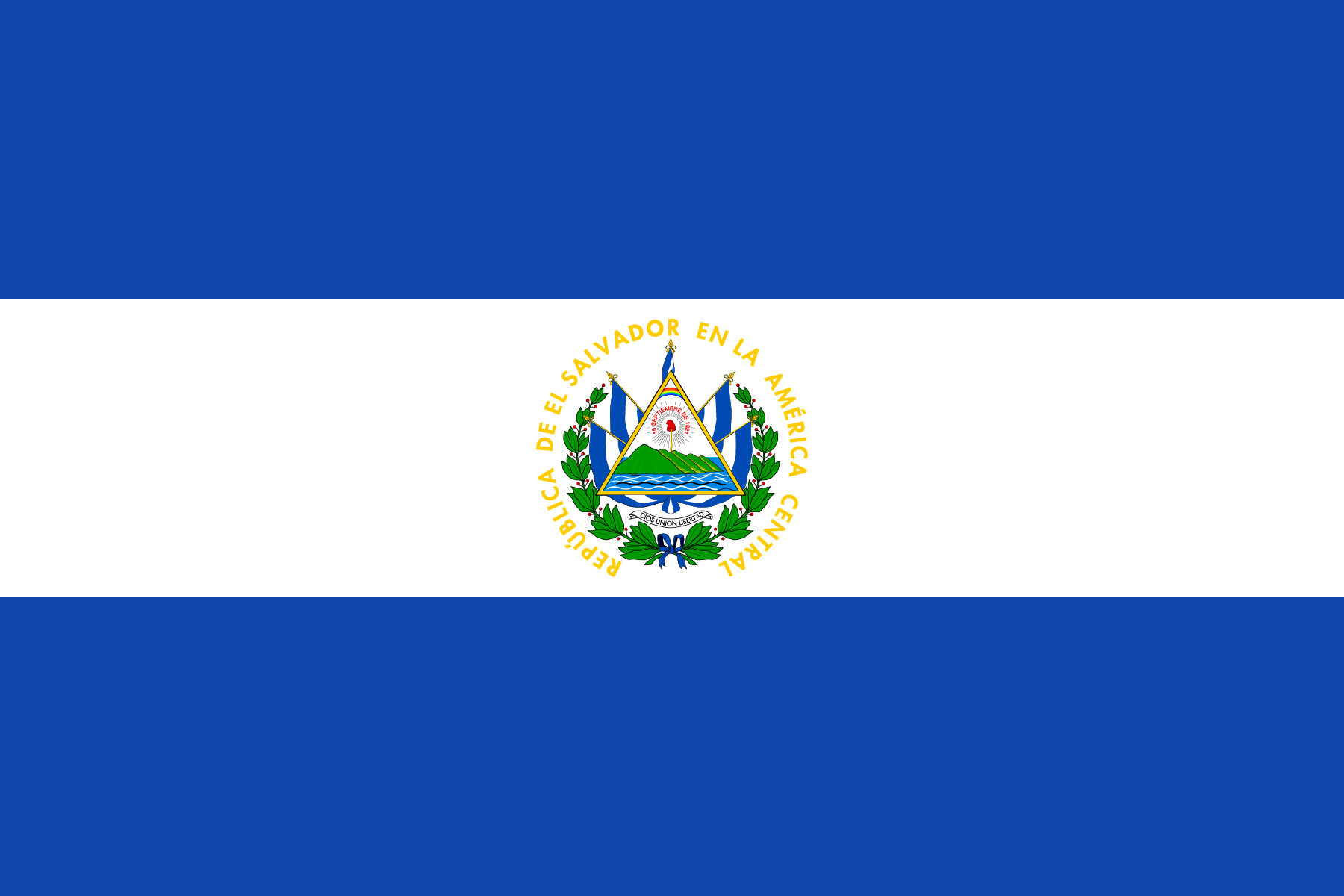
International community must protect Nicaraguan opponents exiled in Costa Rica
ISHR and the Colectivo 46/2 condemn the assassination of opposition leader Roberto Samcam Ruiz by the Nicaraguan Government.
Flickr. Nick Farnhill

National and international human rights organisations express concern regarding a national law on human rights defenders that recently entered into force, due to broad and restrictive provisions that could limit the work and rights of human rights defenders.
The ‘Law of Mongolia on the legal status of Human Rights Defenders’, has been in the making for over two years, with participation from civil society, human rights organisations (including ISHR, Front Line Defenders and Forum Asia), the National Human Rights Institution and UN experts. The original draft was approved by a committee in the Mongolian State Great Khural in December 2020 and was later sent to a parliamentary working group for review.
The resulting version passed and was celebrated as the first law specifically destined for the protection of human rights defenders adopted in Asia. This is a great achievement that ISHR welcomes; the law is good and could provide much-needed protection to Mongolian HRDs. However, despite major objections from civil society and defenders, some broad provisions that could easily be used to restrict the rights of defenders were included in the version adopted.
Article 8.1.3 prohibits defamation of the ‘honour or reputation of others’. This broad provision could be misused to silence or criminalise defenders, as has occurred with other national laws, by claiming that any act of denunciation breaches this prohibition. This presents a particular risk for defenders working on human rights violations associated with the extractive industry.
Similarly, article 7.2.1 restricts funding from organisations or persons carrying out activities that are deemed ‘terrorist, extremist, or that harm national unity’. These generic terms could be used to impede human rights defenders from obtaining resources.
‘We are incredibly concerned by the restrictive provisions remaining in the law, despite clear calls from national civil society and defenders in the lead up to its passage. Beyond this, the Mongolian Government received calls from the former and current UN Special Rapporteurs on human rights defenders to strengthen the legislation when it was in draft form and ensure its alignment with international human rights law; calls which were echoed – including by national civil society – in Mongolia’s 2021 UPR review. It is deeply regrettable that Mongolia’s achievement in being the first country in the region to pass a law on human rights defenders is tarnished by these articles’, said ISHR’s Tess McEvoy.
Others, including FORUM-ASIA along with some national partners, have also expressed concern for the problematic clauses in this law, indicating that they may render the law ineffective and counterproductive.
Human rights defenders play a fundamental role in upholding the rule of law. That they exercise their work in consistently dangerous conditions is a testament to their courage. ‘A law for the protection of human rights defenders should serve to recognise their important work and ensure their protection, not as another element that puts them in danger. The initial versions of the law developed in consultation with civil society had the potential to achieve the former, but the current version is more in line with the latter’, said Sukhgerel Dugersuren, Executive Director of OT Watch Mongolia.
It is imperative that this law is amended to remove all restrictive provisions, so that it can effectively protect defenders in compliance with international human rights standards.
Download as PDF
ISHR and the Colectivo 46/2 condemn the assassination of opposition leader Roberto Samcam Ruiz by the Nicaraguan Government.

In a statement at an interactive dialogue on the annual report of the High Commissioner, ISHR Executive Director Phil Lynch called on States to support the work of defenders and to pay their UN dues.

ISHR joins organisations from across Latin America and beyond in condemning the adoption of a 'Foreign Agents' law in El Salvador that seriously threatens independent civil society in the country.